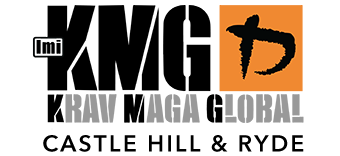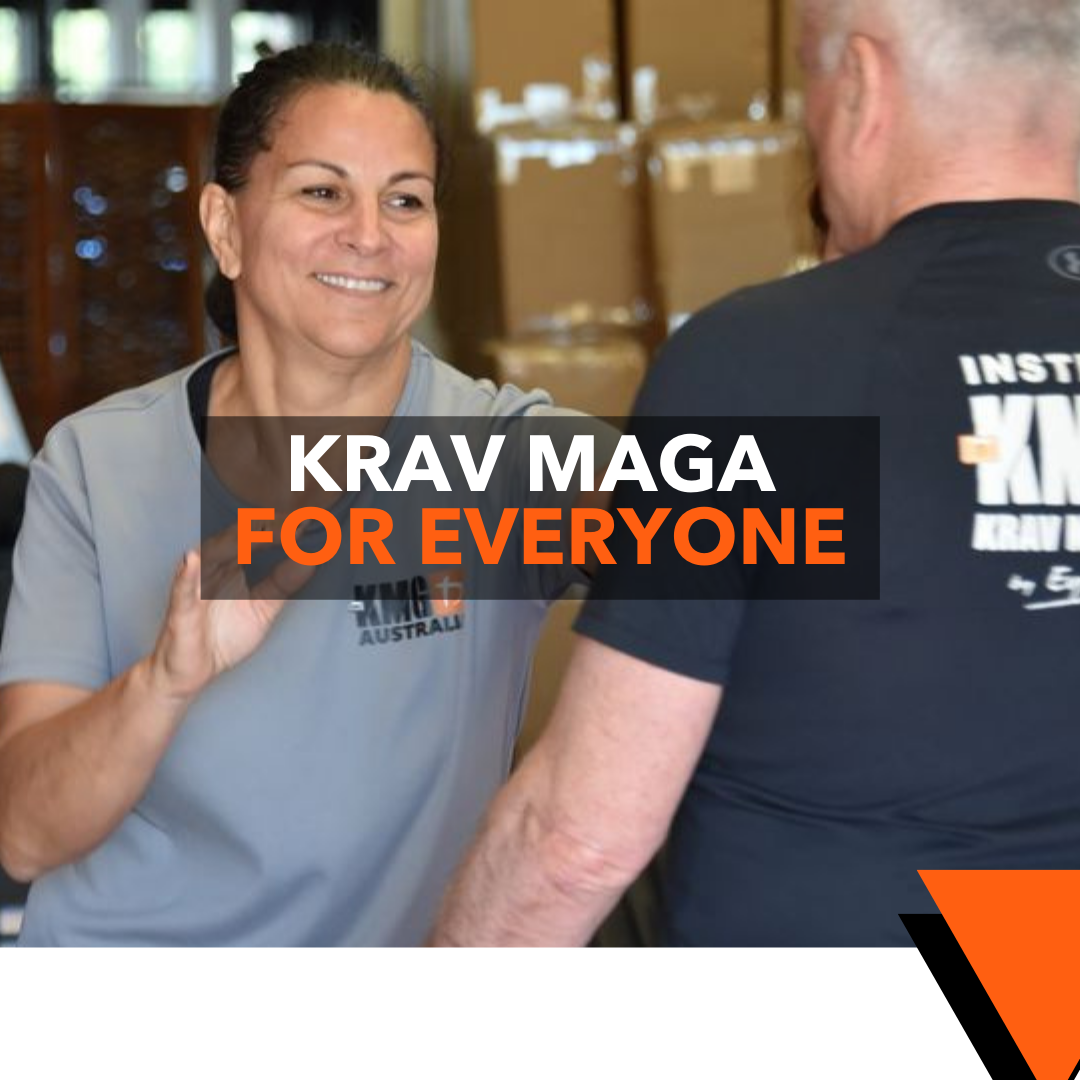Krav Maga, a self-defense and combat system born in the Israeli Defense Forces (IDF), has a reputation for being a robust and effective martial art. Yet, the perception that it’s exclusively for military or law enforcement often obscures its broader applicability. Krav Maga is, in reality, designed for the everyday person.
This system is rooted in practicality and adaptability, intended to address real-world scenarios instead of conforming to a competitive or sporting framework. The emphasis is on neutralizing threats as quickly and efficiently as possible, without the requirement of a high level of physical fitness or flexibility. This makes it suitable for individuals of all ages, sizes, and fitness levels.
In Krav Maga, practical techniques are taught that deal with a wide range of scenarios, such as dealing with multiple attackers, in different circumstances and environments, or handling attacks both armed and unarmed. Furthermore, it emphasizes awareness, evasion and de-escalation as primary defence mechanisms, skills that are invaluable for personal safety in day-to-day situations.
Training also includes the psychological aspects of self-defense. How to manage fear, how to react under stress, and how to make quick decisions are all critical elements of Krav Maga. This mental conditioning equips individuals with the confidence and resilience to handle potential threats, translating well into everyday life beyond self-defense situations.
So, while the IDF may have been the birthplace of Krav Maga, its principles and teachings are designed to empower the everyday person. Its universal applicability underscores its value as a tool for personal safety and confidence, making it a practical choice for anyone interested in learning self-defense.



